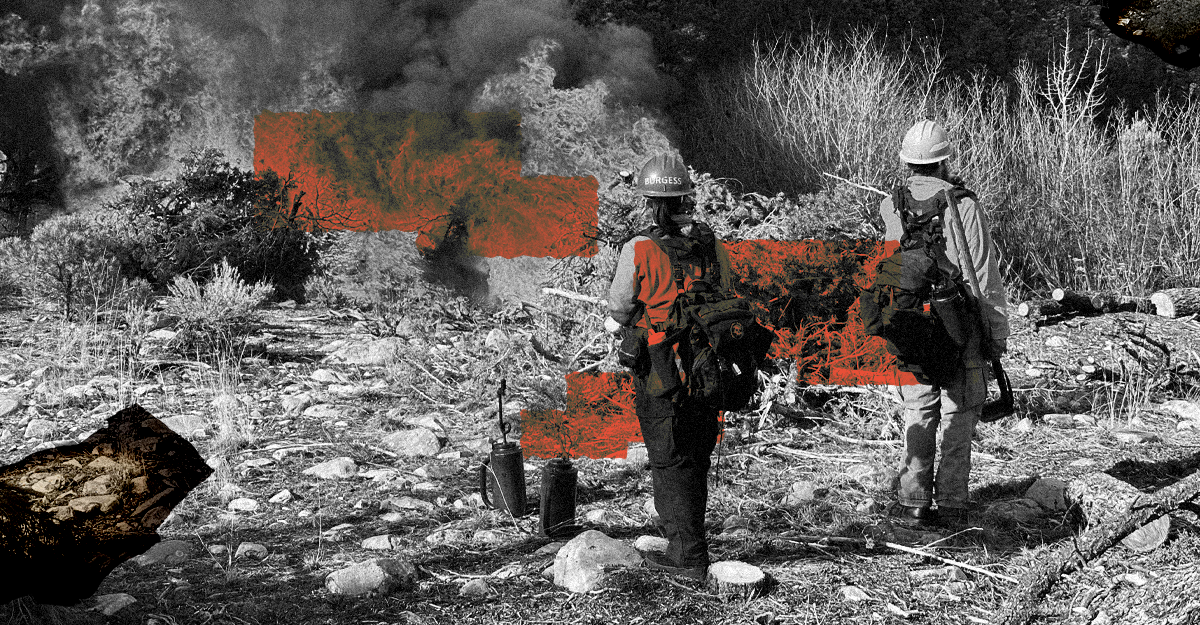
Statement on the Senate Committee on Energy and Natural Resources Markup
The Federation of American Scientists (FAS) commends Chairman Manchin, Ranking Member Barrasso, and the entire Senate Committee on Energy and Natural Resources for clearing a historic 75 pieces of legislation, including multiple crucial bills to confront the wildfire crisis.
FAS urges the Senate to consider and support the following legislation, which is critical to confronting and addressing the wildfire crisis:
- S. 1764, a bill to improve Federal activities relating to wildfires, and for other purposes (Sen. Cortez Masto).
- S. 2132, a bill to require the Secretary of Agriculture to establish a pilot program for the establishment and use of a pre-fire-suppression stand density index, and for other purposes (Sen. Lee).
- S. 2169, a bill to authorize the Secretary of the Interior to carry out watershed pilots, and for other purposes (Sen. Wyden).
- S. 2867, a bill to address the forest health crisis on the National Forest System and public lands, and for other purposes (Ranking Member Barrasso).
- S. 2991, a bill to improve revegetation and carbon sequestration activities in the United States, and for other purposes (Chairman Manchin).
- S. 4424, a bill to direct the Secretary of the Interior and the Secretary of Agriculture to encourage and expand the use of prescribed fire on land managed by the Department of the Interior or the Forest Service, with an emphasis on units of the National Forest System in the western United States, to acknowledge and support the long-standing use of cultural burning by Tribes and Indigenous practitioners, and for other purposes (Sen. Wyden).
“FAS is looking forward to working with Members of the Energy and Natural Resources Committee to continue advancing this bipartisan package of bills as it moves through the legislative process,” said James Campbell, a wildfire policy specialist at the Federation of American Scientists. “We appreciate the thorough consideration of this legislation and urge leadership to pass these bipartisan bills before the end of the year.”
FAS is launching the Center for Regulatory Ingenuity (CRI) to build a new, transpartisan vision of government that works – that has the capacity to achieve ambitious goals while adeptly responding to people’s basic needs.
This runs counter to public opinion: 4 in 5 of all Americans, across party lines, want to see the government take stronger climate action.
Cities need to rapidly become compact, efficient, electrified, and nature‑rich urban ecosystems where we take better care of each other and avoid locking in more sprawl and fossil‑fuel dependence.
Hurricanes cause around 24 deaths per storm – but the longer-term consequences kill thousands more. With extreme weather events becoming ever-more common, there is a national and moral imperative to rethink not just who responds to disasters, but for how long and to what end.